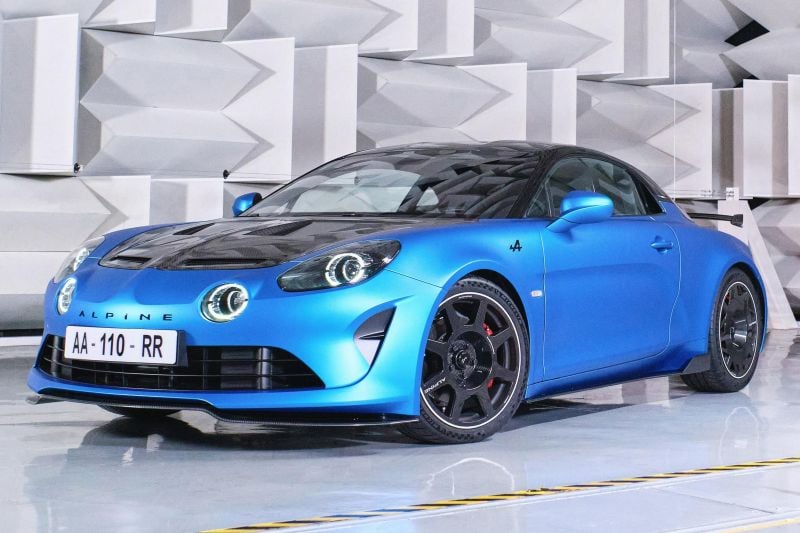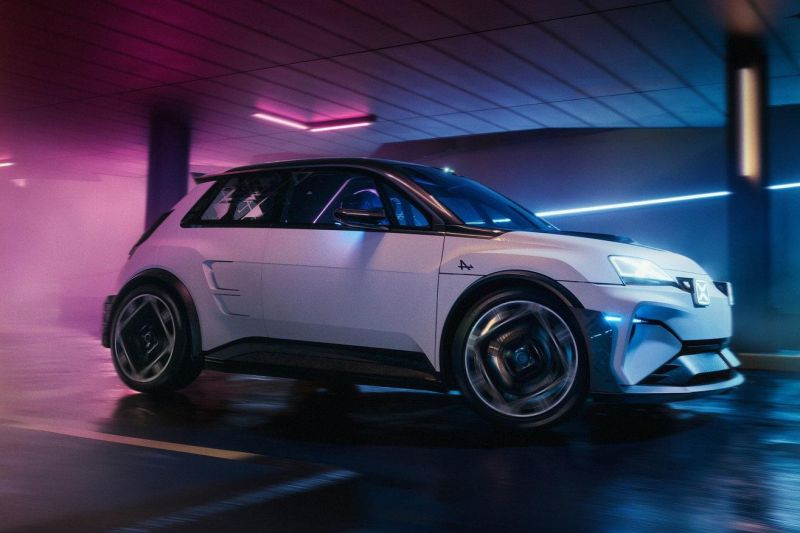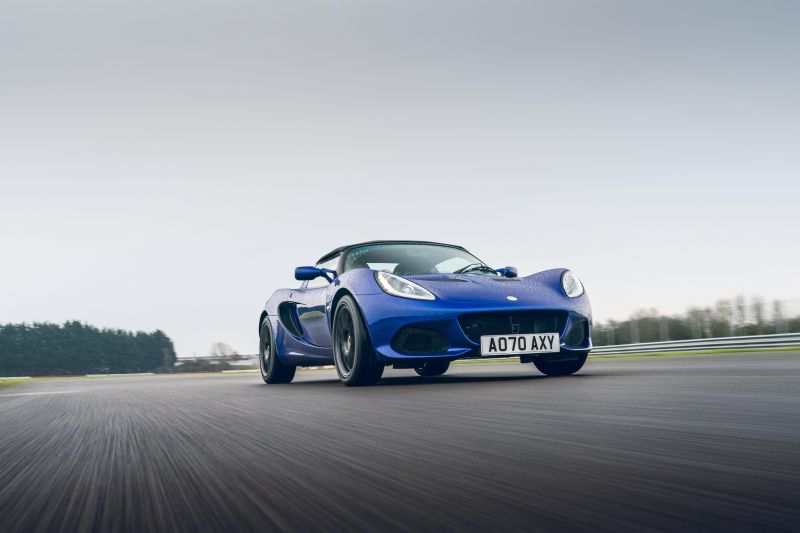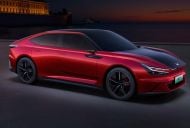It’s official: the successors to the Alpine A110 and Lotus Elise will not be based on a Lotus electric sports car platform.
Overnight the two firms issued the following statement: “Lotus and Alpine have been collaborating on a future EV sports car vision for more than two years, during which time a strong relationship between the two companies has developed.
“As with any collaboration following an MoU [Memorandum of Understanding], the outcome was not guaranteed.
“We have decided not to progress with the joint development of a sports car for Alpine. This is a mutual decision reached amicably, and we will continue to discuss other future opportunities.”
The confirmation comes after a report last week indicated the two brands were about to go their separate ways.
Under the terms of the memorandum signed in 2021, the A110 was to use the British carmaker’s E-Sport platform, which will serve as the basis for the successor to the Elise, codenamed Type 135. It’s unclear what this means for the Type 135.
The E-Sport architecture features a vertical stack of batteries behind the passenger compartment. By eschewing the typical skateboard design for dedicated EV architectures, where the batteries are placed in the floor, E-Sport cars can have their seats placed closer to the ground.
It also shifts the centre of gravity towards the middle of the car, theoretically making it behave more like a mid-engine internal-combustion vehicle.
The Lotus-based A110 successor was meant to the third new vehicle in the reimagined Alpine range, coming after the A290 hatch based on the upcoming retro-influenced Renault 5, and the GT X-Over crossover expected to use the Renault-Nissan-Mitsubishi CMF-EV architecture.
Beyond this Alpine was considering two further crossovers based on a different Lotus-developed architecture.
With the A110 replacement now thought to ride on a bespoke EV sports car platform developed in-house by Renault, it’s unclear when it will come to market.
Lotus is majority-owned by Chinese automaker Geely. Renault and Geely have a large number of ongoing collaborations and partnerships, including a petrol and hybrid drivetrain production and engineering company codenamed Horse.
In addition to this Geely bought a 34 per cent stake in Renault Korea in mid-2022, and soon the the firm once known as Renault Samsung Motors will begin building cars based on the Compact Modular Architecture developed by Volvo, another Geely subsidiary.
Rumours indicate these Korean-built models will be extensively based on the Lynk & Co range sold in China and parts of Europe.
In China, Geely will engineer and produce cars for Renault to sell in the world’s largest auto market.










